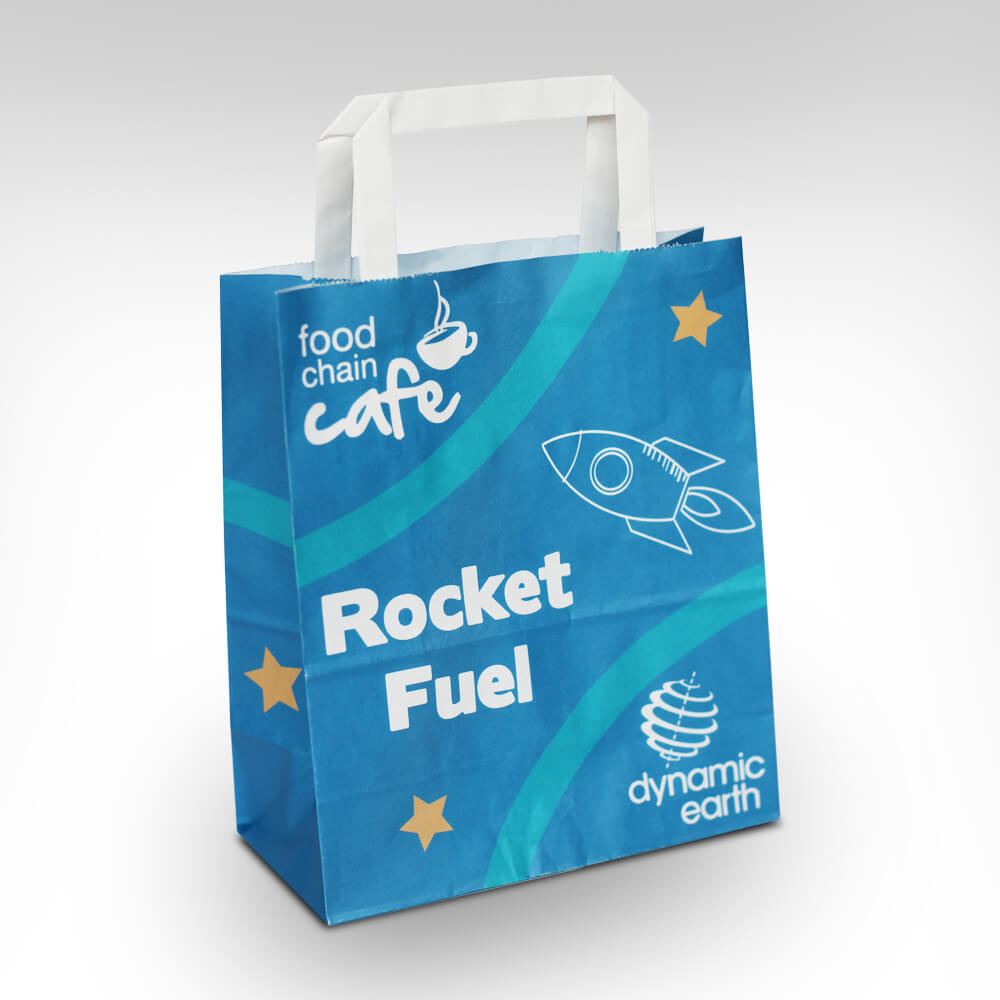The Impact of Bread Bags on Our Environment and Economy
In our modern world, the packaging of everyday items often goes unnoticed, yet it plays a crucial role in our daily lives. One such item that frequently comes into question is the bread bag. These seemingly innocuous plastic or paper containers serve a vital purpose in preserving the freshness of bread, but they come with their own set of environmental and economic implications.
The Purpose of Bread Bags
Bread bags serve a fundamental function they protect bread from external elements such as moisture, air, and contaminants, extending its shelf life. This is particularly important given that bacteria and mold can grow rapidly on products that degrade. Whether made of plastic or paper, bread bags are designed to offer a barrier between the loaf and the outside world. In a society that values convenience and freshness, bread bags fulfill a critical role in food preservation.
Environmental Concerns
Despite their benefits, the disposable nature of many bread bags raises significant environmental concerns. Traditional plastic bread bags, typically made of polyethylene, contribute to the global plastic pollution problem. According to environmental reports, millions of tons of plastic waste enter our oceans annually, harming marine life and disrupting ecosystems. Bread bags, while often only used once, have a lifecycle that extends far beyond their fleeting usefulness.
Moreover, even paper bags, which are often touted as a more eco-friendly alternative, are not without controversy. Their production requires significant resources, including trees, water, and energy. The environmental footprint of paper production, coupled with the need for proper recycling facilities, complicates the narrative of sustainability surrounding bread bags. Thus, both forms of packaging contribute to environmental degradation in different ways.
The Economic Impact
bread bags

From an economic perspective, bread bags are both a cost and a necessity for bakeries and bread manufacturers. The packaging must strike a balance between being cost-effective while also ensuring quality preservation of the product inside. This necessitates a consideration of material choices, sourcing, and production processes. In a market increasingly driven by consumer awareness, many companies are now facing pressure to adopt more sustainable packaging practices. As a result, some bakeries are investing in biodegradable or recyclable materials for their bread bags.
However, the switch to more sustainable options often comes with increased costs, which can affect pricing. Bakeries and producers must navigate these changes carefully, as consumers may not always be willing to pay a premium for eco-friendly packaging. This presents a dilemma while sustainable choices are critical for the environment, businesses must remain profitable in a highly competitive market.
Innovations in Sustainability
Amidst these challenges, innovative solutions are emerging. Companies are exploring compostable bags made from plant-based materials, which offer a biodegradability that traditional plastic simply cannot match. Furthermore, some creators are experimenting with reusable bread bags made from cloth or other sustainable materials, encouraging consumers to adopt more responsible habits.
These innovations not only reduce waste but also promote a culture of sustainability among consumers. Educational campaigns are equally important, as they raise awareness about the environmental impact of bread packaging and its implications for our health.
Conclusion
In conclusion, bread bags may appear to be a trivial element of our daily bread consumption, but they are intricately connected to our environmental and economic realities. As we navigate the complexities of modern living, it is essential to recognize the impact of our choices, from the food we consume to the packaging that encases it. By supporting innovation and promoting sustainable practices, we can work towards mitigating the negative effects of bread bags on our environment while ensuring our local economies thrive. Our collective actions, no matter how small, can create a meaningful difference in shaping a sustainable future. The journey towards better packaging begins with awareness and a commitment to change—one loaf at a time.



